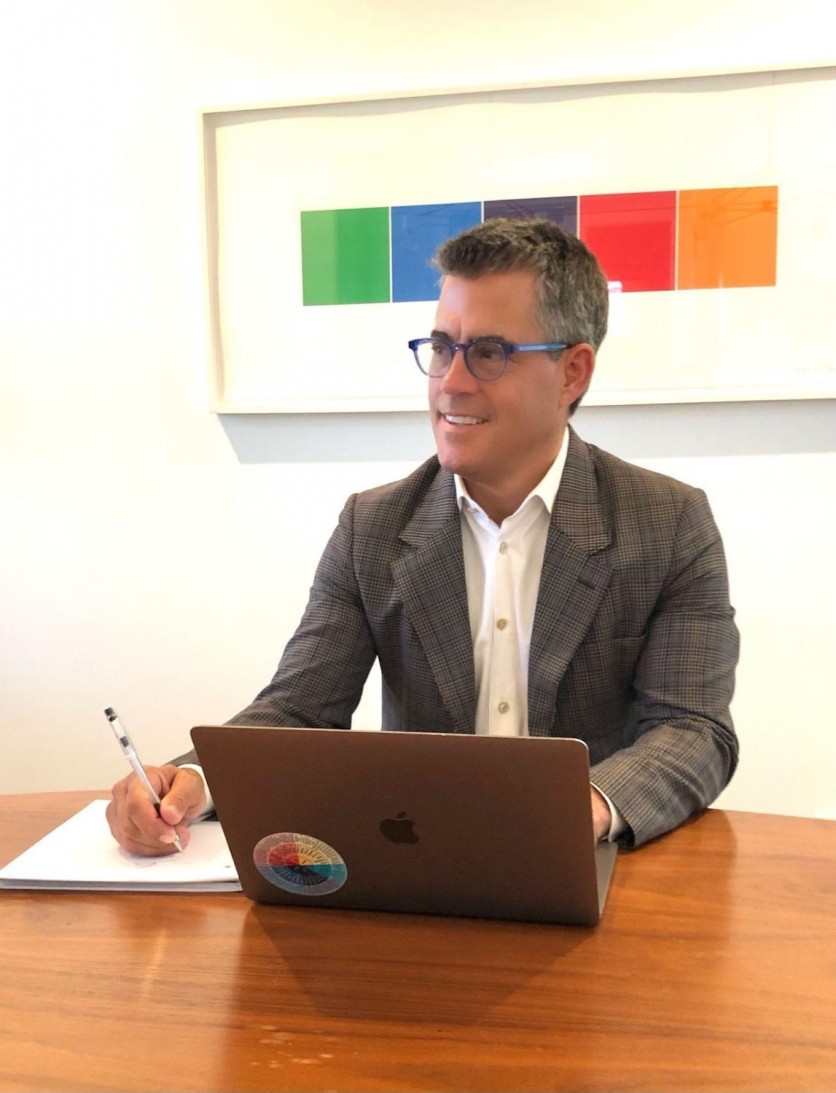
The Chinese government released a draft of what could become the country's legal framework for generative artificial intelligence models, becoming one of the first countries to do so.
With the AI craze in full swing, concerns about the ethical implications of the rapidly-evolving technology have been at an all-time high, prompting tech experts like SpaceX CEO Elon Musk and Apple Co-Founder Steve Wozniak to call for a pause in its development.
The open letter calling for the 6-month pause has now been signed by over 21k people and urges for "making today's powerful, state-of-the-art systems more accurate, safe, interpretable, transparent, robust, aligned, trustworthy, and loyal."
The responses to the letter among developers, experts, and investors have been mixed, with people like Microsoft Co-Founder Bill Gates telling Reuters that not only would it be difficult to get every team working on generative AI to stop but also that such a pause wouldn't solve the challenges associated with the technology.
Time Is of the Essence
Given the rapid development of generative AI and the multiple ways users have found to use it for nefarious purposes, many experts have praised countries like Italy and China for taking action.
Hacking, surveillance, propaganda, fraud, and harassment are only some of the many ways AI is already being used unethically. This, combined with the fact that firms like Goldman Sachs predict that over 300 million jobs could have their workload affected by as much as 50%, has resulted in unprecedented levels of anxiety among workers.
"Technologies like genetic engineering, blockchain, and AI have certainly had a positive impact on how we work, live, and communicate, but they also come with risks and potential downsides that cannot be ignored," says investor, serial entrepreneur, and neuroscience enthusiast Seth Taube. "Existential risks like nuclear proliferation, cyber threats, climate change, bio threats and the possibility of mass unemployment have been amplified exponentially by technology over the past decades. It is not surprising that people are facing substantially increased trauma, anxiety and suffering as a result."
With the COVID-19 pandemic generating further fuel for the global mental health crisis, the timing of the generative AI boom couldn't be worse for people in industries like software development, content creation, marketing, graphic design, and even finance.
What Can Be Done
No matter which side of the debate, there is one thing everyone can agree on - there are huge benefits to AI. According to Taube, with AI technology generating so many potential uses, and with so many vested interests in its commercial success, a slowing in development or application of AI seems unlikely, if not impossible.
A serial entrepreneur and investor, Seth Taube has been investing in technology companies for decades and has gained first-hand insight into where the tech industry is headed, which is why over the past few years he has increasingly focused on the intersection of technology and consciousness.
"We need better tools to help people down-regulate their nervous systems. Only by doing so, will they be able to collaborate and solve the unprecedented challenges ahead," says Taube. "I believe that this can only be achieved by working both from the inside out and the outside in. Then we have a shot at people working collaboratively to address these growing existential challenges we face as a species."
Cooperation Should Be a Priority
Taube has been a vocal critic of how regulators, governments, and other organizations have historically been reticent to change, which often leaves them playing catch-up to these inevitable currents of change, and playing catch-up when it is too late.
This has been the case with technological breakthroughs like the internet and cryptocurrency, where ecosystems emerged in which ethical innovation and applications were deterred due to uncertainty and fear of legal and regulatory actions, while unethical actors operated freely.
"This is not a time when regulators can postpone action and then rush for solutions when it is too late. While the promise of the positive benefits of AI is clear, the negative externalities, including the reduction of human involvement in almost all systems and processes, are equally clear," says Taube." With mental health, livelihoods, and the very fabric of society at stake, immediate cooperation between regulators, developers, and experts like the ones who wrote the open letter is essential."
ⓒ 2026 TECHTIMES.com All rights reserved. Do not reproduce without permission.




